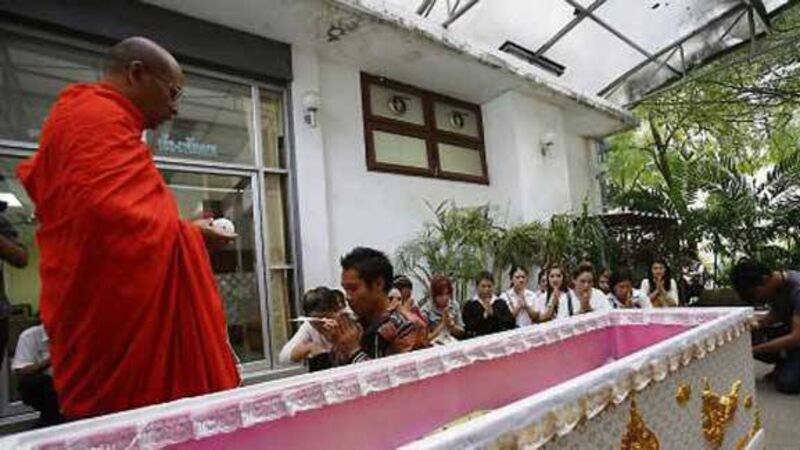Thailand reeling in pipe bomb aftermath

Thai authorities are looking for a suspect seen on closed-circuit television (CCTV) footage near a popular shrine, where a bomb blast killed 22 people, including nine foreigners from several Asian countries.
The government said the attack, during the Monday evening rush-hour, in the capital’s bustling commercial hub, was intended to weaken the economy.














